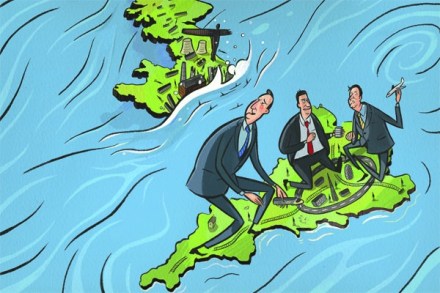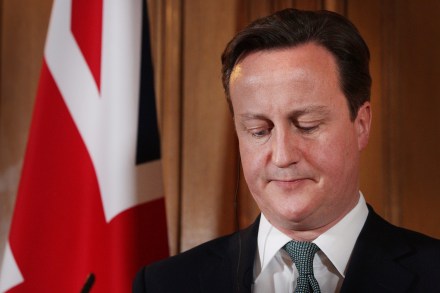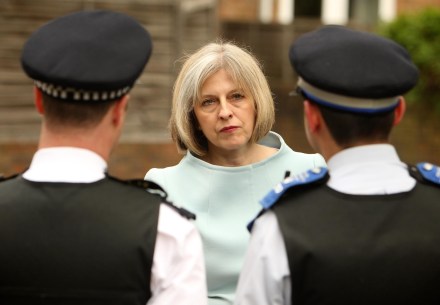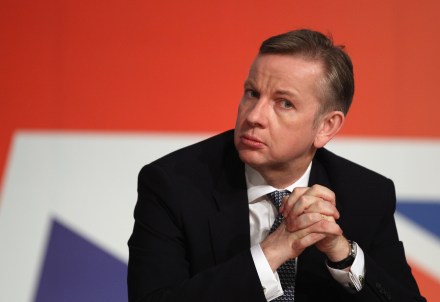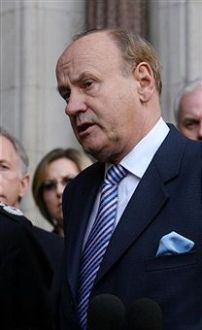Could a digital and more transparent NHS prevent another Mid Staffs scandal?
Digital politics is all the rage. Take what Rachel Sylvester described in today’s Times as ‘digital Bennism’ — an online movement that is becoming increasingly influential to the Labour party’s campaign methods. And in the forthcoming Spectator, I’ve a piece discussing why policymakers are adopting internet-centric ideals to challenge the traditional way of doing things. The government’s digital ventures were discussed at Policy Exchange this afternoon. Rohan Silva — David Cameron’s senior policy advisor — said the government’s digital work is the ‘most radical thing people haven’t heard of’. Silva contrasted Labour’s strategy of using IT to ‘gather ever-more information and power for the government’ with the current mission to




